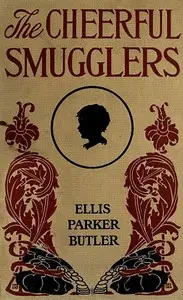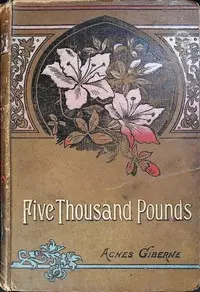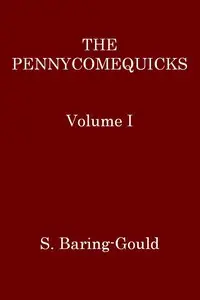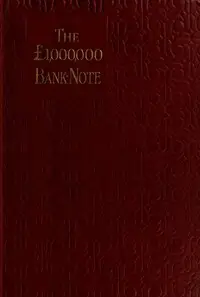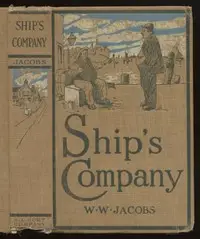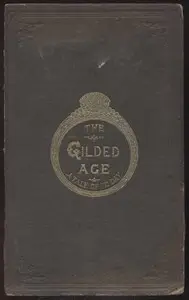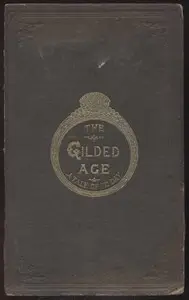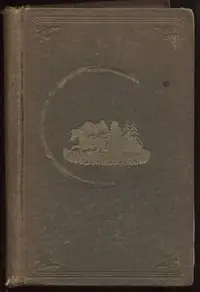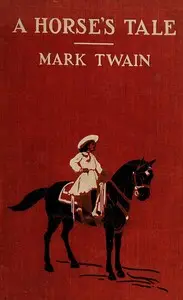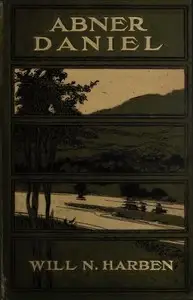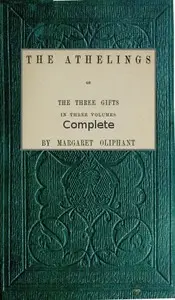The $30,000 Bequest, and Other Stories by Mark Twain offers a series of funny short stories from the 1800s. The first tale follows the Foster family as they are caught up in the idea of inheriting money from a relative they barely know. It looks at how the idea of getting rich changes how they act and treat each other. The main characters, Saladin and Electra Foster, are happy living a simple life until they hear they might get $30,000 from Tilbury Foster. They start dreaming big and making wild plans for the money. The funny part comes from how carried away they get and how different their dreams are from what's actually happening, hinting at the problems their inheritance will cause.
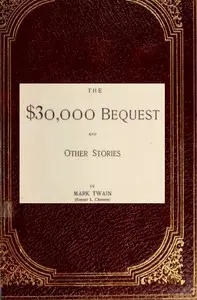
The $30,000 Bequest, and Other Stories
By Mark Twain
A family's ordinary life turns upside down when the possibility of a large inheritance sparks hilarious dreams and unexpected chaos.
Summary
About the AuthorSamuel Langhorne Clemens, known by the pen name Mark Twain, was an American writer, humorist, and essayist. He was praised as the "greatest humorist the United States has produced," with William Faulkner calling him "the father of American literature." Twain's novels include The Adventures of Tom Sawyer (1876) and its sequel, Adventures of Huckleberry Finn (1884), with the latter often called the "Great American Novel." He also wrote A Connecticut Yankee in King Arthur's Court (1889) and Pudd'nhead Wilson (1894) and cowrote The Gilded Age: A Tale of Today (1873) with Charles Dudley Warner.
Samuel Langhorne Clemens, known by the pen name Mark Twain, was an American writer, humorist, and essayist. He was praised as the "greatest humorist the United States has produced," with William Faulkner calling him "the father of American literature." Twain's novels include The Adventures of Tom Sawyer (1876) and its sequel, Adventures of Huckleberry Finn (1884), with the latter often called the "Great American Novel." He also wrote A Connecticut Yankee in King Arthur's Court (1889) and Pudd'nhead Wilson (1894) and cowrote The Gilded Age: A Tale of Today (1873) with Charles Dudley Warner.

